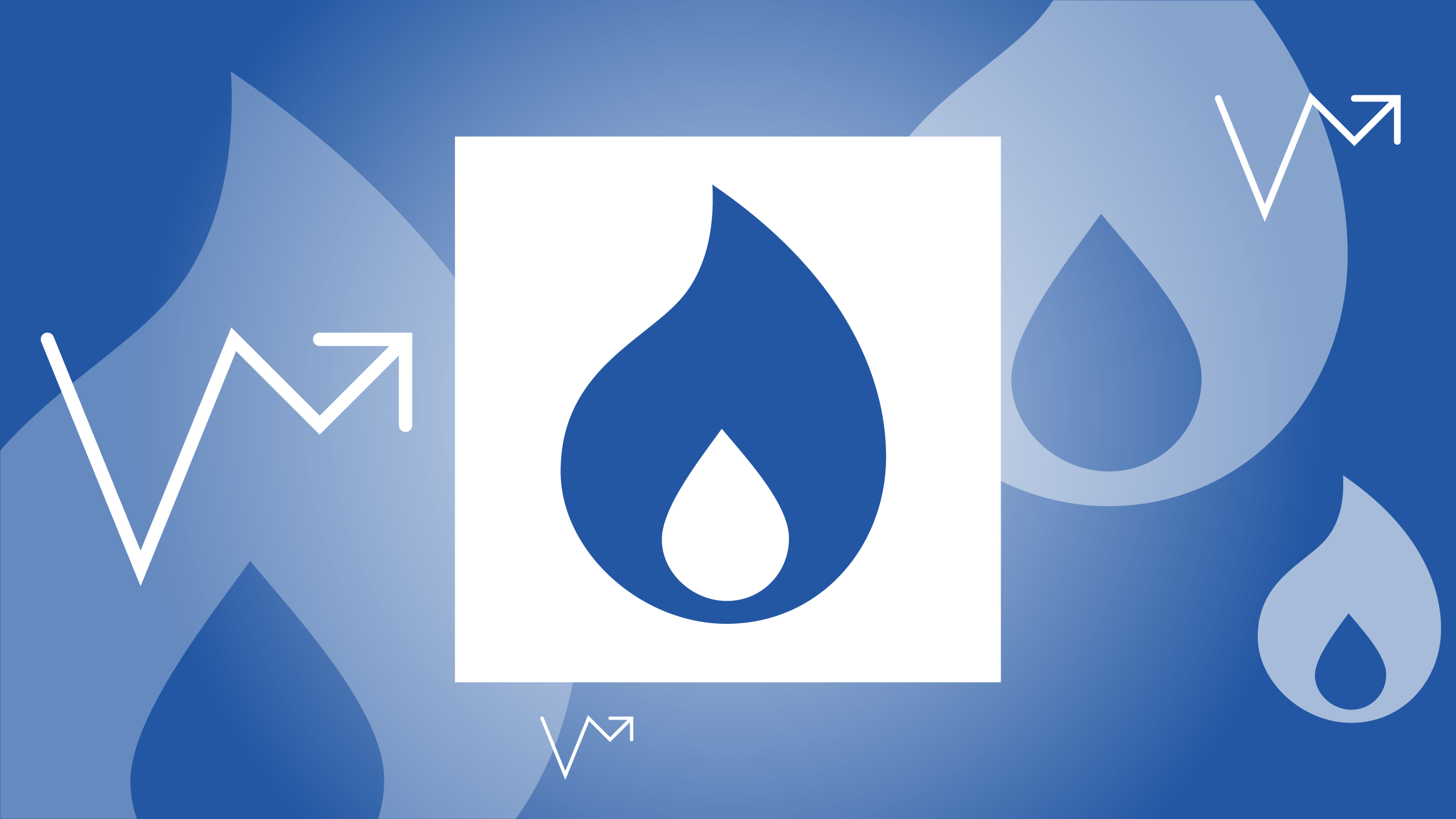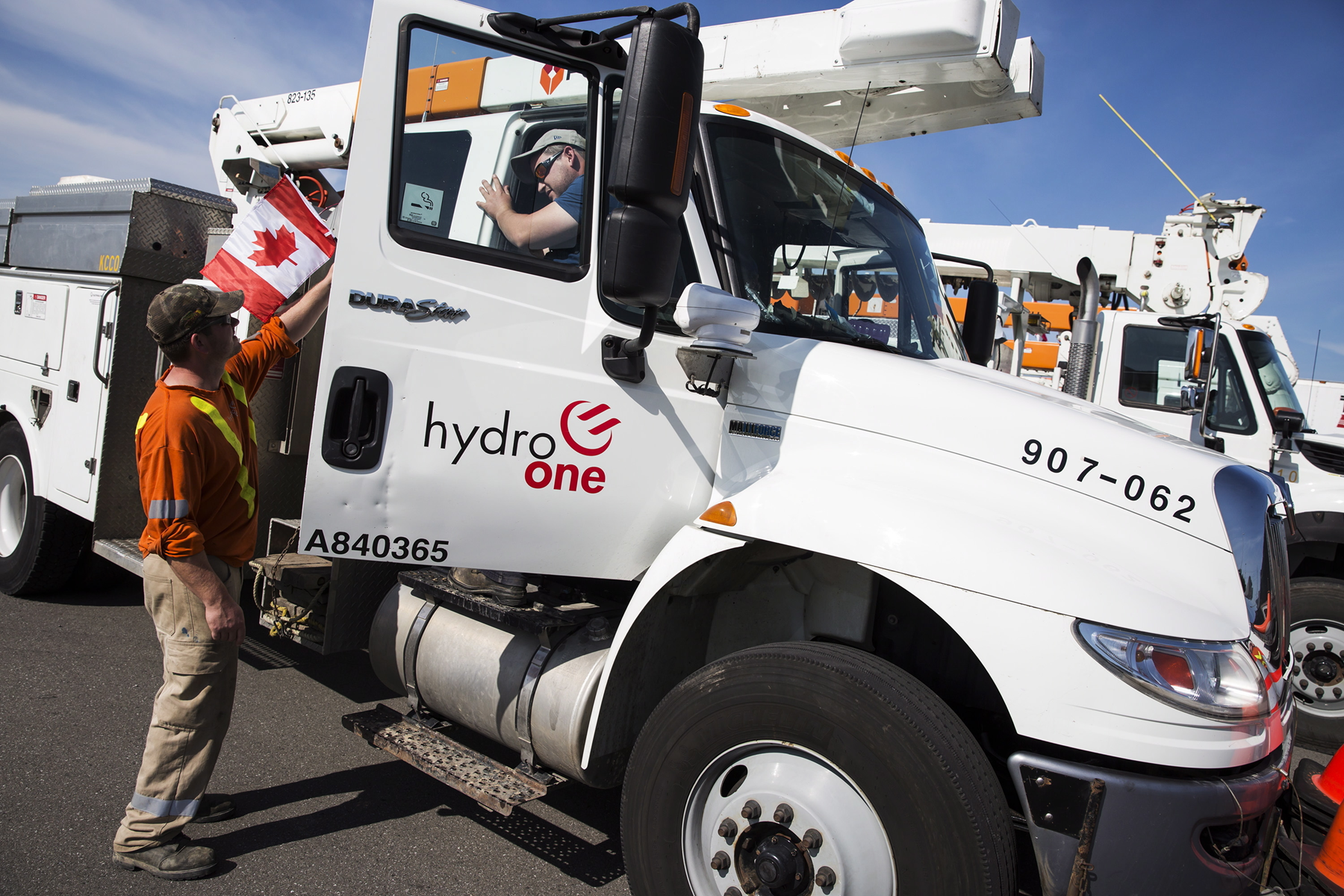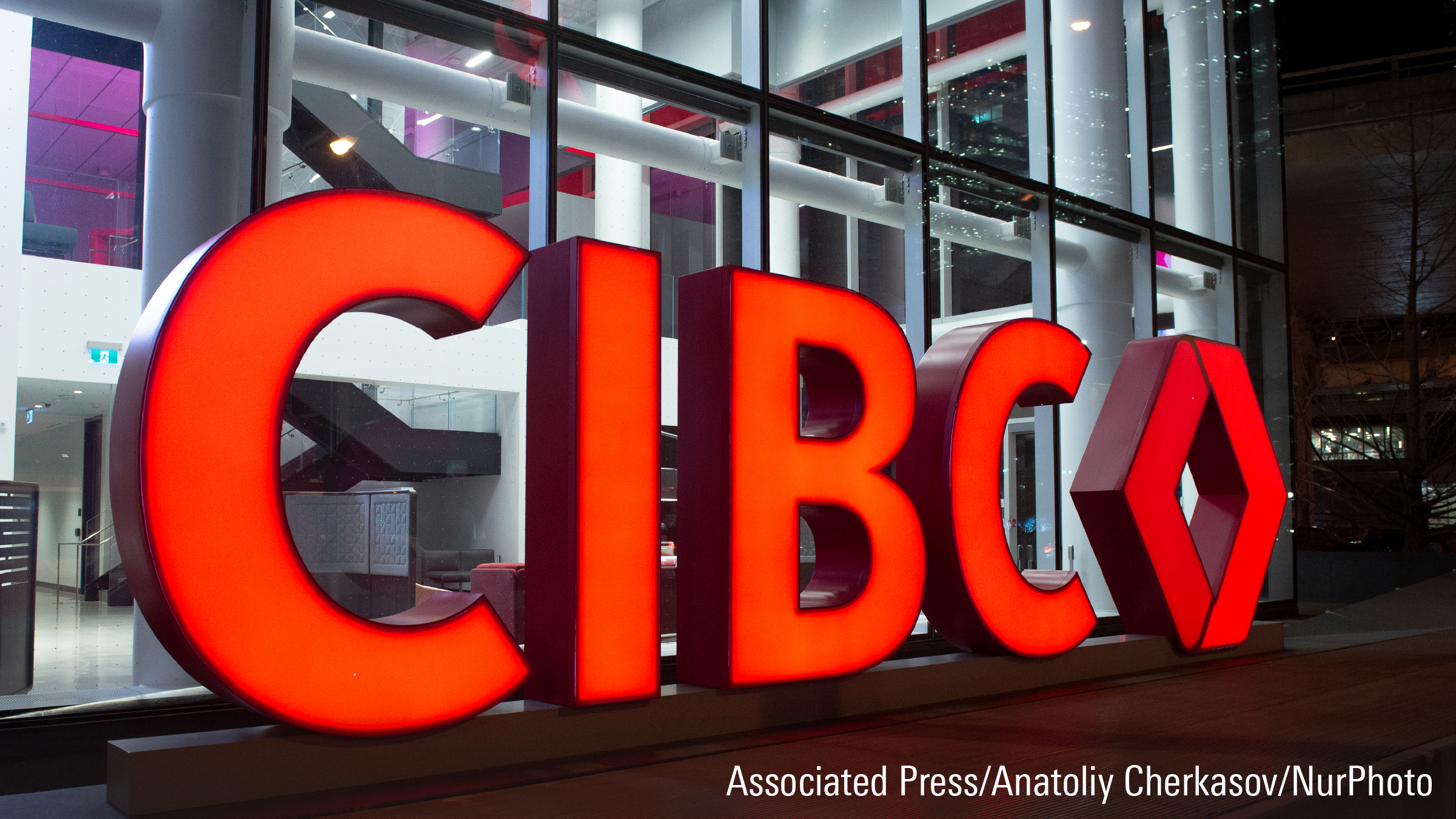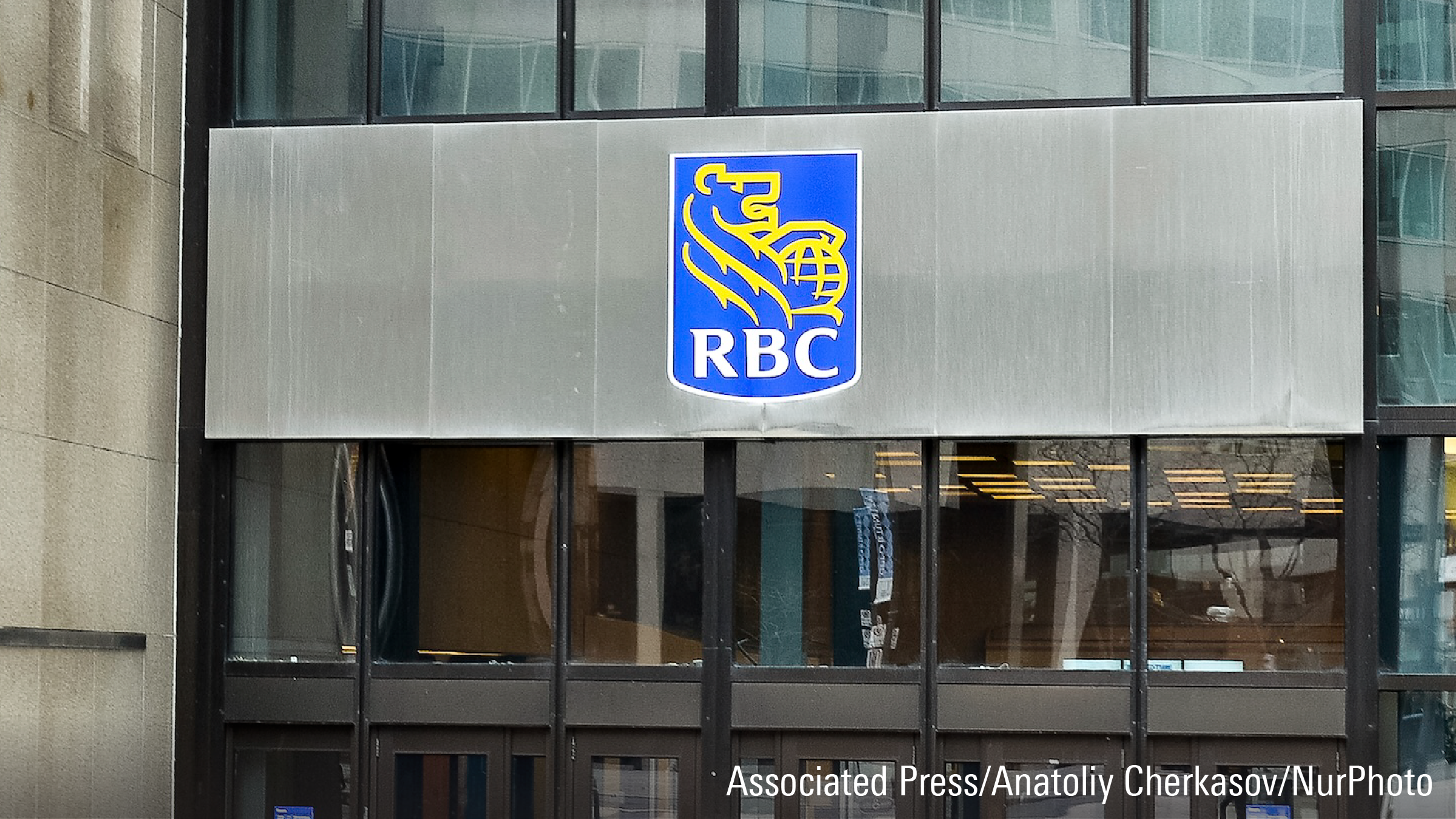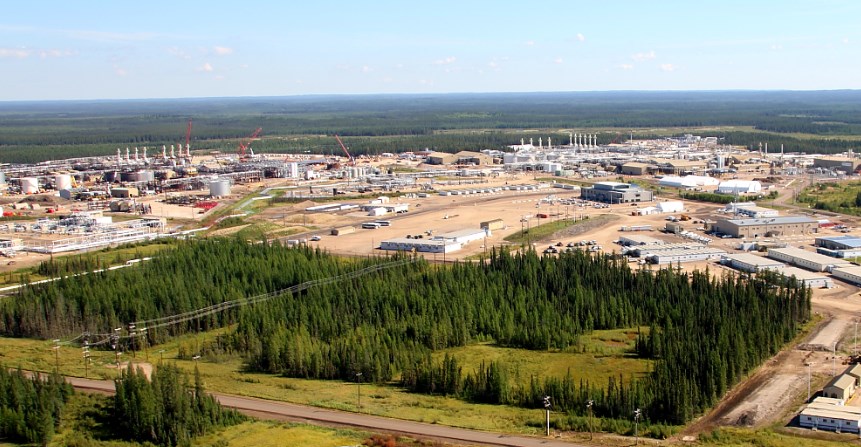
On Oct. 25, no-moat Cenovus Energy announced it will combine with Husky Energy in an all-stock deal. Husky shareholders will receive 0.7845 shares of Cenovus in exchange for each share of Husky’s stock. The exchange represents a 21% premium to Husky’s Oct. 23 closing price but is considerably less than our previous fair value estimate of $6. In addition, Husky shareholders will also receive 0.0651 of Cenovus purchase warrants for each share. The warrants carry a $6.54 strike price that can be exercised within five years of the transaction’s completion date. The transaction is expected to close during the first quarter of 2021.
The combined company will operate as Cenovus Energy, and Alex Pourbaix will continue in his role as CEO. The transaction will align two integrated companies and reduce exposure to the heavy oil discount. Cenovus possesses attractive upstream oil sands assets but has limited midstream and downstream options to offset any spikes in the heavy oil discount, while Husky Energy brings significant refining capacity in Canada and the U.S. Cenovus is now expected to produce over 750,000 barrels of oil per day, which would make the company Canada’s third-largest hydrocarbon producer, and will have 660 mbbl/d of refining and upgrading capacity. Once the transaction is completed, Cenovus expects to realize $1.2 billion in annual synergies and reduce its corporate break-even to $36/bbl WTI from its current breakeven of $38/bbl. Management expects the break-even to fall to $33/bbl by 2023. Management also expects to reinstate the company’s dividend, offering a quarterly payment of $0.0175 per share.
We have lowered our fair value estimate for Cenovus to $6.50 per share from $7.50 and increasing our fair value estimate for Husky to $5 from $4.50. We are maintaining our no moat rating for both companies.
The transaction will also help Cenovus improve its balance sheet. Even though we expect Cenovus to have enough liquidity to weather a couple years of low oil prices, Cenovus’ balance sheet is among the worst compared with its peers. Net debt/EBITDA stands near 4.2 times, which is high relative to peers and the company’s historical leverage levels. On the other hand, Husky maintains the best-in-class balance sheet. We don’t foresee any liquidity issues as the company has access to $4.9 billion in revolving credit facilities, with $3.9 billion in unused capacity, and $500 million in a unsecured nonrevolving credit facility. $2 billion of the revolving credit facilities matures in June 2022, while another $2 billion matures in March 2024. $900 million consists of demand operating credit facilities. We don’t expect any further draws on the credit facilities over the forecast period and see them as an insurance measure. The credit facilities limit Husky’s total adjusted debt-to-capital to 65% or less, and the company isn’t anywhere in the realm of tripping that covenant.
Further, Husky doesn’t have any bond maturities until 2022 when $500 million ($700 million) is due, and we don’t see any issues in paying down that debt. As such, we expect Husky to weather the low commodity price environment over the next two years. Cenovus doesn’t have any near-term bond maturities. It has $500 million ($700 million) due in August 2022 and $450 million ($650 million) due in September 2023. We expect Cenovus to pay the bond maturities as they come due without adding any incremental debt to do so. Cenovus also has $5.6 billion in revolving credit facilities, with only $1.5 billion drawn down as of the end of the second quarter of 2020. Of the credit facilities, $1.1 billion matures in March 2021, $1.2 billion matures in November 2022, and the remaining $3.3 billion matures in November 2023.
Cenovus owns the best-in-class oil sands assets, which hold the lowest supply costs among peers, and because of that, we think the stock was highly undervalued due to low oil prices and uncertainty over long-term egress options. While Cenovus acquired another undervalued company in Husky, we think the company overpaid and diluted its equity by acquiring a company with less upside potential. For Husky shareholders, we think this is a great deal as shareholders now have exposure to the lowest-cost oil sands assets. Cenovus’ stock is down nearly 15% on the news, as the market thinks that Cenovus paid too much of a premium for Husky Energy. While we agree with Cenovus overpaid based on our fair value estimate, we think that the market is underestimating Husky’s ability to generate cash flow from its various hydrocarbon streams and geographical locations, while maintaining its strong balance sheet.
Nonetheless, the new Cenovus Energy remains highly undervalued. Cenovus’ best-in-class supply costs will enable the company to generate enough cash flow to reshape its balance sheet and position itself for growth once new pipes are built. Added downstream outlets from Husky will reduce reliance on the heavy oil discount, which has held the stock down in recent years. The company's conversion to its solvent-aided process should further decrease supply costs and drive increased netbacks, even without pipeline expansion.








